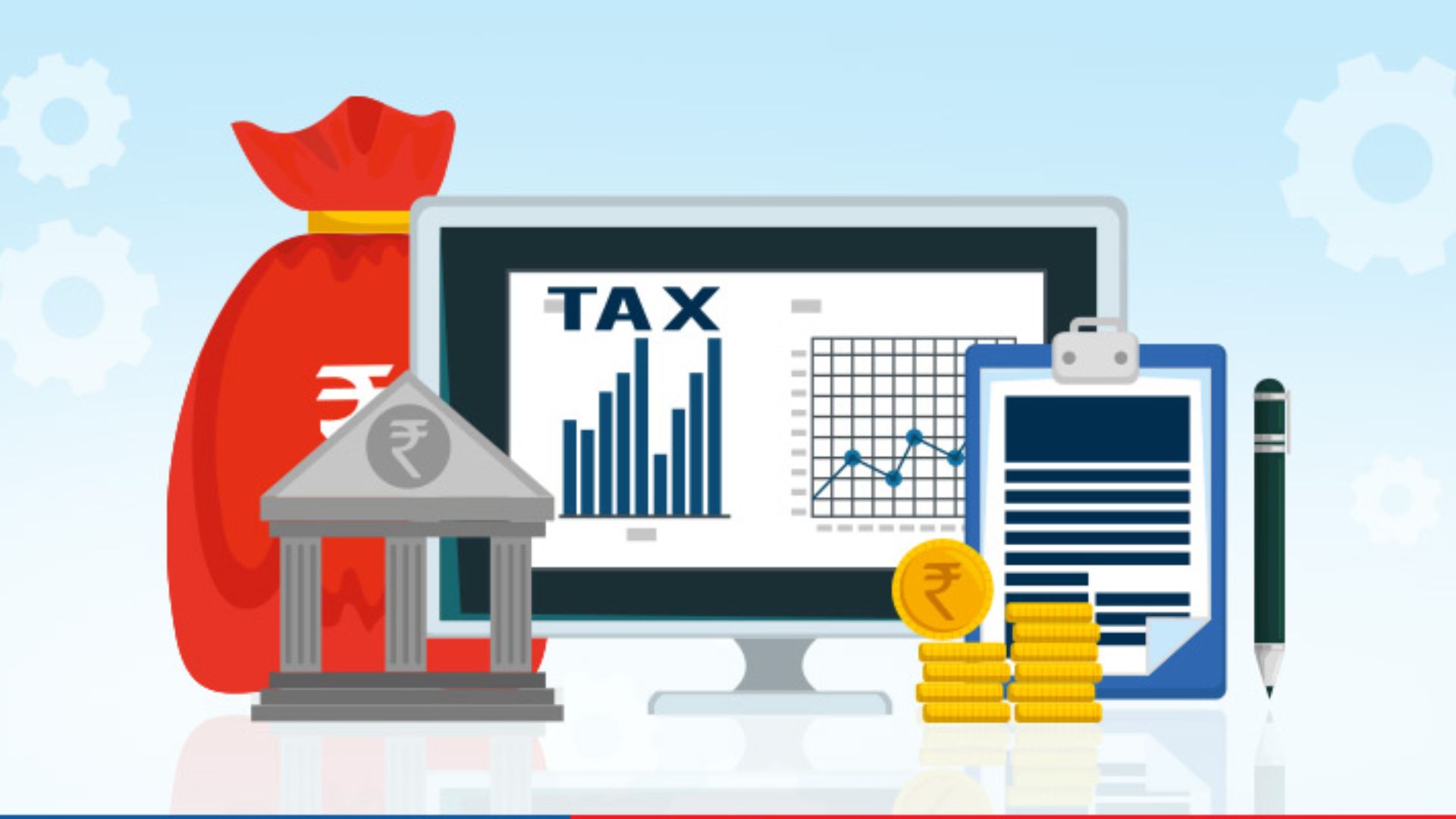Major changes to the tax system will take effect on April 1, 2024, the start of the next fiscal year, and will significantly impact individuals’ finances. The budget plans by Union Finance Minister Nirmala Sitharaman include several changes intended to simplify tax systems and relieve taxpayers.
These measures aim to transform the tax system as the new fiscal year begins, providing relief and simplification to all taxpayers. Here’s a summary of the main changes you need to know about.
Adoption of the New Tax Regime by Default
All taxpayers are forced to choose the new tax regime’s streamlined tax structure and lower deductions by default. However, people still have the choice to continue under the previous tax system if it is more beneficial to their financial situation.
Slabs Streamlined & Basic Exemption Limit Increased
The minimum tax threshold has increased from Rs 2.5 lakh to Rs 3 lakh under the new tax system. In addition, there are now only five tax slabs instead of six, which makes many people’s tax calculations easier.
Increased Tax Rebate Threshold
Section 87A of the Income-tax Act, of 1961 provides an additional tax rebate level for individuals who choose to adopt the new tax regime. Up to Rs 7 lakh in taxable income, there would be a complete tax refund, therefore cancelling off any income tax liability.
Extension of Standard Deduction
The standard deduction of Rs 50,000, which was only applicable under the previous system, is now also applicable under the current one. The goal of this action is to reduce taxable income for seniors and salaried persons.
Reduced Highest Surcharge Rate
Certain taxpayers will pay less in taxes as a result of the new tax regime’s reduction of the maximum surcharge rate from 37% to 25%.
Additional Reforms
In addition to the primary tax modifications, there are additional noteworthy adjustments that are scheduled to take effect, such as the taxing of maturity earnings from life insurance plans that surpass Rs 5 lakh and are issued after April 1, 2023. Additionally, the tax exemption ceiling on leave encashment upon retirement for non-government employees has been enhanced from Rs 3 lakh to Rs 25 lakh.
Lower Corporation Tax Rates
The government has reduced corporation tax rates for established domestic businesses from 30% to 22% to attract investment. To encourage new investments in the manufacturing sector, a new lower rate of 15% has also been implemented for certain newly established manufacturing organizations.




